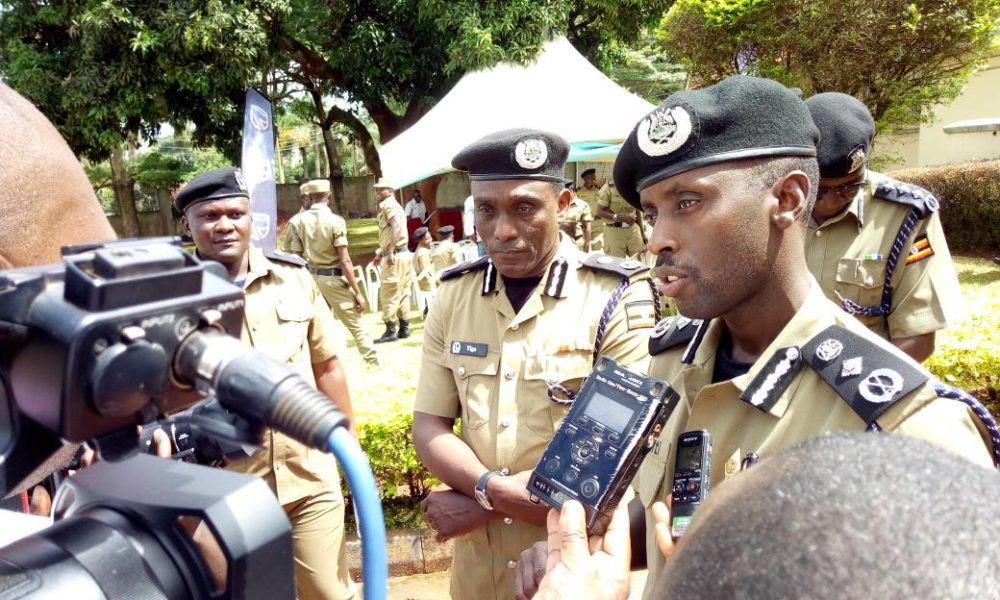Deputy Inspector General of Police, Brig. Gen. Sabiiti Muzeyi has called on the Force to be more gender responsive in order to contribute to greater access to justice for women and girls.
He said that Uganda Police Force can only attain its aspiration of ensuring access to justice for all, particularly women and girls, when it is a gender responsive institution in its structures, internal practices and policing services.
“Uganda Police Force has taken steps to address specific gender issues in policing in Uganda and internal concerns regarding discrimination, lack of opportunity, and equality for women and men who serve in the Force,” Brig. Gen. Sabiiti said these in a speech read for him by the Deputy Director Special Duties, Mr. Denis Odwong Odongopiny during the official launch of the Force’s Gender Policy at Railways Grounds, Kampala, on Friday.
“The adoption of this Gender Policy is therefore an opportunity to have more targeted, structured and consistent intervention to make the Uganda Police Force, a more gender responsive and gender equal institution,” He said.
He said that Police will have to review its human resources practices in order to work towards an end to violence, particularly against women and girls.
“We are cognizant of the fact that there are many issues that need to be addressed that require the UPF to start from the basics, such as increasing the number and visibility of women in the Force and implementing affirmative action measures to increase their participation in decision making,” he said.
UN women Country Representative, Dr. Maxime Houinato pledged to continue working with Uganda Police in strengthening gender issues in country.
UN Women with generous financial support from the Embassy of Sweden supported the Uganda Police Force to develop a customized Gender Policy and Strategy to provide a framework for gender mainstreaming in its systems, policies, structures and practices. The Gender Policy was informed by a literature review, which identified key gender issue within the Uganda Police Force and its operations and services, including factors that affect equal access to police services by women, men, boys and girls.
It was developed through a consultative process with female and male officers of various ranks operating in different parts of the country, as well as consultative meetings with the Police Head of Departments, Police Advisory Committee (PAC) and key stakeholders from Justice Law and Order Sector (JLOS) institutions and the Secretariat, Ministry of Gender Labour and Social Development, United Nations agencies (UNFPA, OHCHR and UNICEF) and civil society organisations especially Centre for Domestic Violence Prevention, Uganda Women’s Network, Women’s Cross-Cultural Exchange and the Federation of Women Lawyers, Uganda (FIDA-U).




